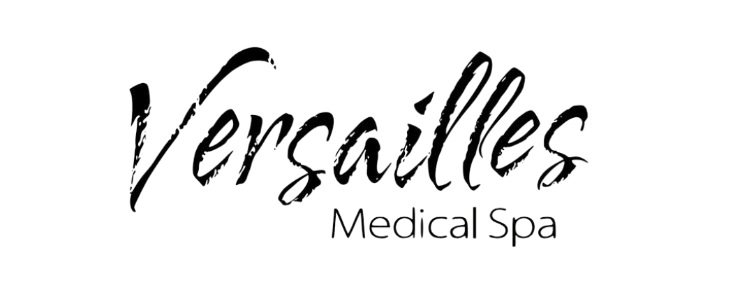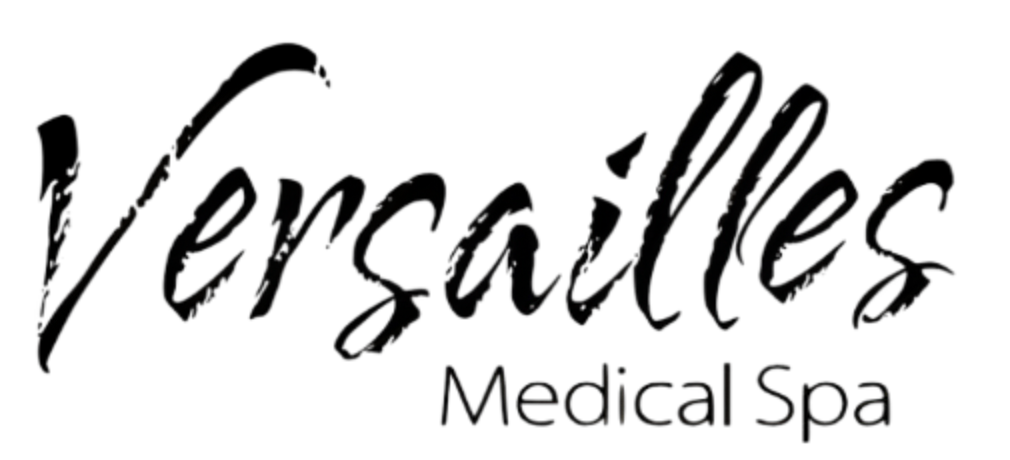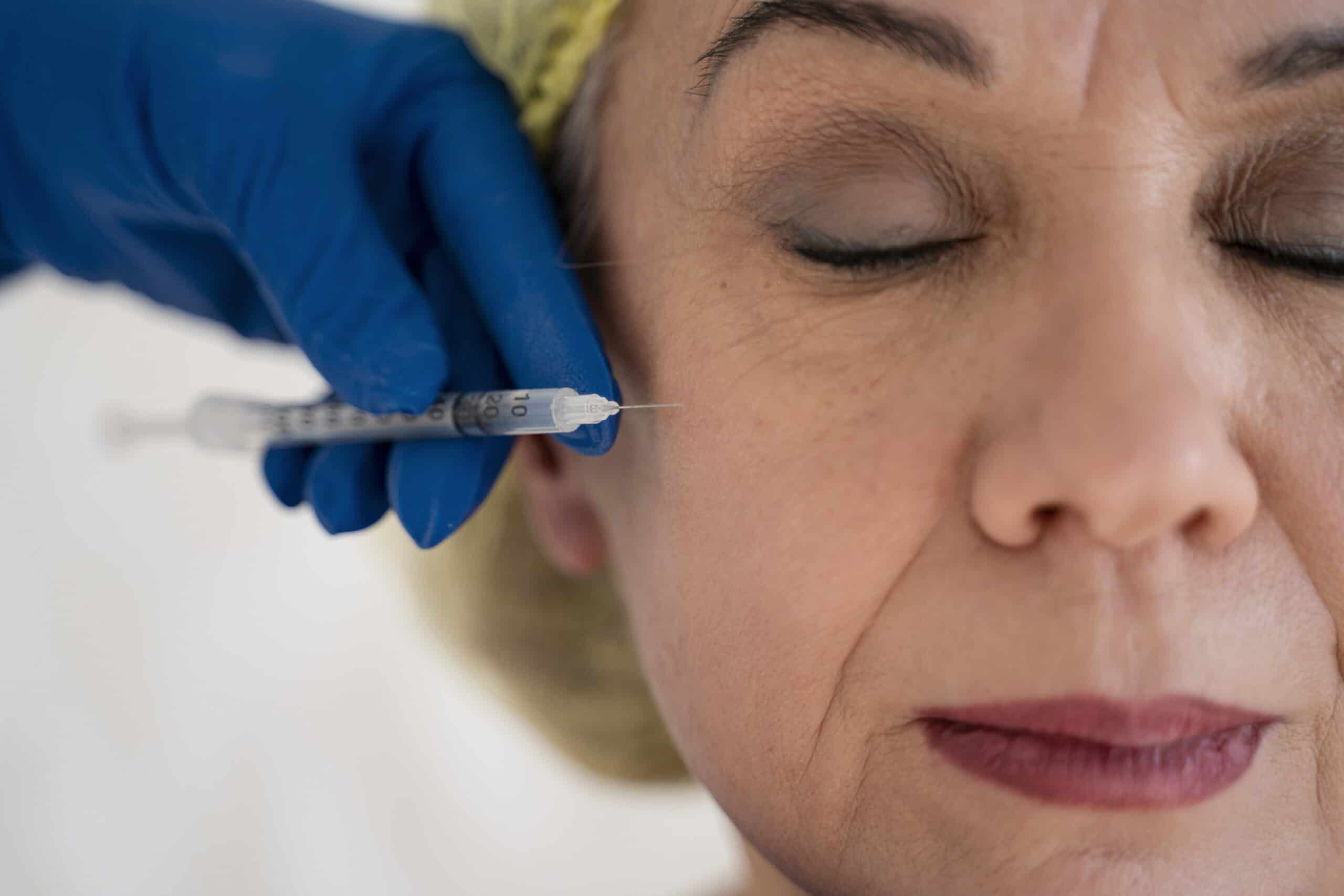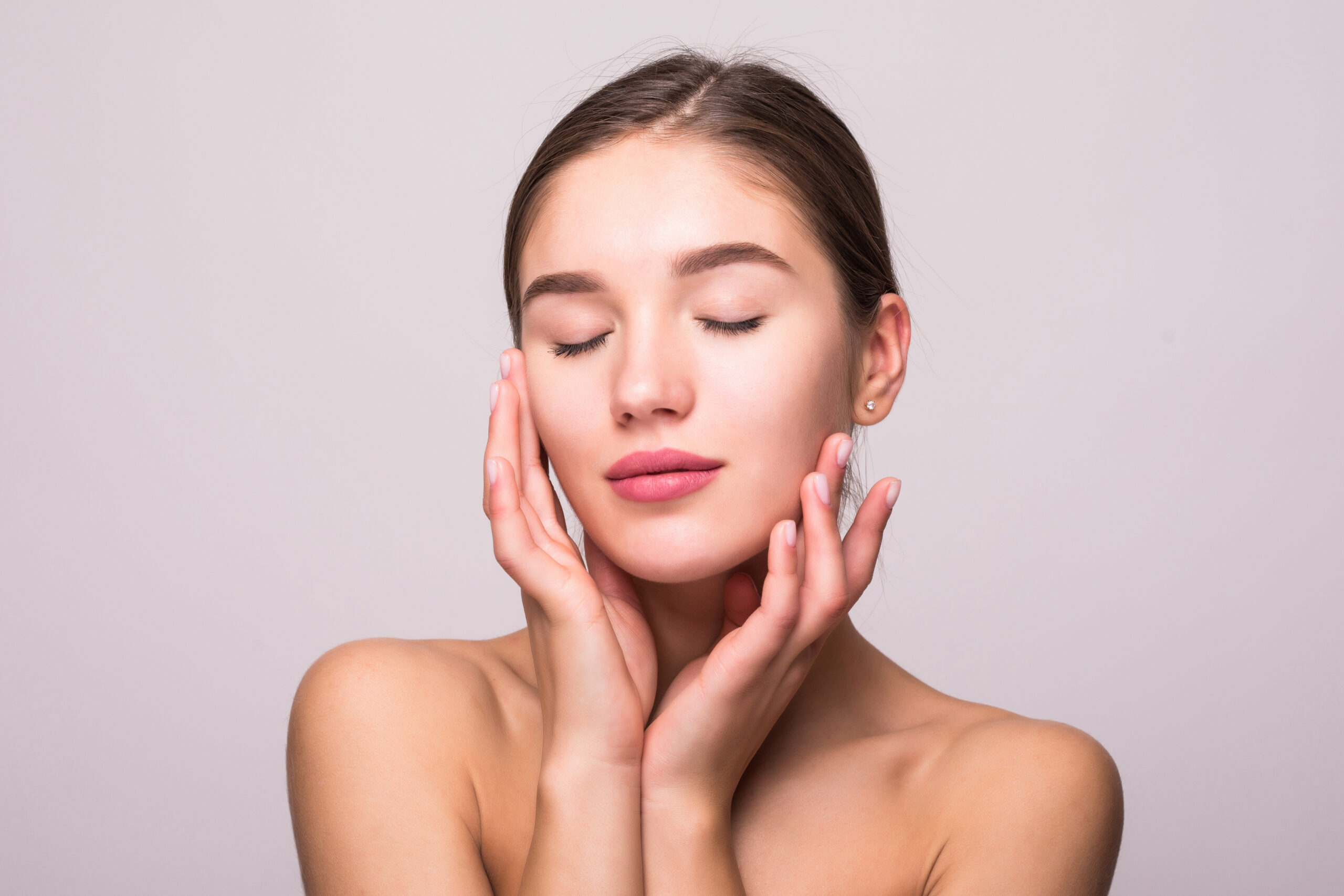Top 5 Stories of Restoring Self-Image with Medical Tattoo: Insights from Patients and Experts
Introduction to Medical Tattoos: Transforming Self-Image
Medical tattoos, or paramedical or restorative tattoos, are specialized ink applications used to address various medical and aesthetic conditions. These tattoos can:
- Camouflage scars from surgeries or accidents.
- Replicate natural pigmentation for vitiligo patients.
- Restore the appearance of areolas post-mastectomy.
- Cover up stretch marks and burns.
- Aid in scalp micro pigmentation for hair loss.
Expertly applied, they offer a non-invasive solution. The goal is to enhance the patient’s self-image, boost confidence, and improve emotional well-being. Specialists use pigments that match the patient’s skin tone, ensuring natural-looking results. The process requires precision, skill, and an understanding of human anatomy.
Different Types of Medical Tattoos and Their Applications
Medical tattoos encompass several types, each serving unique purposes:

- Areola Restoration Tattoos: For breast cancer survivors post-mastectomy.
- Scar Camouflage Tattoos: To conceal surgical scars, burns, or injuries.
- Radiation Marker Tattoos: Small markings to guide radiation therapy.
- Vitiligo Correction Tattoos: To match skin tone in depigmented areas.
- Baldness Concealers: Scalp micro pigmentation for balding individuals.
- Permanent Makeup: For conditions like alopecia recreate eyebrows and eyeliner.
Each type addresses specific aesthetic or functional needs, showing medical tattoos’ versatility and transformative power in restoring patients’ confidence and self-image.
Personal Stories: Patients’ Experiences with Medical Tattoos

Several patients have shared their transformative experiences with medical tattoos.
- Jane, a breast cancer survivor, found newfound confidence after opting for nipple tattoos post-mastectomy.
- Michael, who struggled with vitiligo, used skin-colored tattoos to mask depigmented areas, improving his self-esteem significantly.
- Laura, after undergoing surgery, chose to have a scar camouflage tattoo. This helped her feel more positive about her appearance.
“Medical tattoos have truly changed my life,” said one patient. “They have given me back a sense of normalcy and confidence.”
These personal stories exemplify the impact medical tattoos can have.
Expert Insights: The Role of Tattoo Artists in Medical Restoration
Tattoo artists play a critical role in the field of medical restoration tattoos. These professionals possess specialized skills and knowledge that enable them to create realistic and aesthetically pleasing results.
- Skills and Training: Tattoo artists undergo rigorous training to understand the nuances of skin and color. Their expertise allows them to replicate natural skin tones and textures.
- Consultation and Customization: They work closely with patients to customize designs that meet individual needs, ensuring that the result enhances the patient’s self-image.
- Emotional Support: Tattoo artists often act as counselors, providing emotional support to patients during restoration.
By combining technical skills with empathy, tattoo artists contribute significantly to the overall well-being of their clients.
Psychological Benefits of Medical Tattoos: Reclaiming Confidence
Medical tattoos have emerged as a transformative solution for those seeking to regain their confidence after surgical procedures or trauma.
Main Psychological Benefits:
- Enhanced Self-Esteem: Patients often report a significant boost in self-esteem, helping them to feel whole and attractive again.
- Reduced Anxiety: The covering of scars or skin conditions with tattoos can lessen anxiety associated with public appearance.
- Improved Quality of Life: Feeling more confident often translates to better social interactions and an overall improved quality of life.
- Sense of Control: Medical tattoos provide individuals with a way to take control of their appearance, contributing to psychological healing.
Medical Tattoos for Cancer Survivors: Covering Scars and Reconstructing Nipples


Cancer survivors often face the challenge of living with visible scars and loss of body parts due to surgeries. Medical tattoos have become a vital tool for helping them:
- Cover surgical scars: Professionally applied tattoos can mimic the appearance of natural skin, effectively camouflaging scars from mastectomies or other surgeries.
- Recreate nipples: For breast cancer survivors, 3D nipple tattoos can replicate the look of a natural nipple, enhancing self-esteem.
- Psychological benefits: These tattoos provide emotional relief and boost confidence, empowering survivors to regain comfort with their bodies and daily lives.
Specialized practitioners work meticulously to ensure the tattoos deliver realistic appearances.
Using Medical Tattoos to Hide Scars from Accidents and Surgeries
Medical tattoos serve as a powerful tool for patients seeking to conceal scars resulting from accidents and surgeries. These tattoos can:
- Restore a sense of normalcy by camouflaging visible marks.
- Improve self-esteem, leading to psychological well-being.
- Offer an aesthetically pleasing alternative to traditional scar treatments.
Experts in medical tattooing use specialized techniques and pigments to match the patient’s skin tone and texture. This meticulous process requires skill and precision. Patients often report positive outcomes, both physically and emotionally, as they regain confidence in their appearance.
“It feels like getting my old self back,” shares one satisfied individual.
Technological Advances in Medical Tattooing: Tools and Techniques
Medical tattooing has seen significant progress due to technological advancements. The modern tools and techniques focus on precision, safety, and comfort.
- Machines: Modern rotary and coil machines provide consistent, controlled power, ensuring even ink deposition.
- Needles: Specialized needles, such as single needles, enable detailed work with minimal skin trauma.
- Inks: Hypoallergenic inks reduce the risk of allergic reactions and offer stability in color retention.
- 3D Techniques: Breakthroughs in 3D tattoo techniques create realistic textures.
- Software: Advanced design software assists artists in achieving accurate color matches and designs.
Developments in these areas have allowed practitioners to achieve more natural and lasting results.
Challenges and Ethical Considerations in Medical Tattooing
Medical tattooing presents unique challenges for both practitioners and patients. Skin responses can vary widely due to medical conditions, leading to unpredictable results. Achieving precise color matching is difficult, often requiring specialized skills. Pain management is crucial, as some individuals might have heightened sensitivity.
Ethical considerations include:
- Ensuring thorough patient consent and understanding of potential risks.
- Maintaining professionalism, especially in sensitive areas like the breast or genitals.
- Staying updated with health regulations and sterilization protocols.
- Addressing psychological impacts of tattooing, such as potential body image issues.
- Transparent communication about realistic outcomes and limitations.
These factors must be carefully balanced to provide safe, effective results.
Steps to Getting a Medical Tattoo: What to Expect
- Consultation: Patients should schedule a consultation with a licensed medical tattoo artist or dermatologist.
- Assessment: A thorough assessment of the area to be tattooed, including an evaluation of skin condition and medical history, is conducted.
- Design Approval: The artist will design the tattoo, ensuring it meets the patient’s expectations and medical needs.
- Preparation: Skin preparation may involve cleaning and numbing the area to ensure comfort during the procedure.
- Tattooing: The tattoo is applied using sterilized equipment in a controlled environment.
- Aftercare Instructions: Post-tattoo care instructions are provided to ensure proper healing and maintenance.
The Future of Medical Tattoos: Innovations and Predictions
Innovations in medical tattoos are advancing rapidly, promising enhanced options for patients. These developments focus on:
- Improving ink formulation: Safer, hypoallergenic inks that eliminate risks of adverse reactions.
- Advanced application techniques: Laser-guided and robotic systems for precise application.
- Smart tattoos: Integrating biosensors to monitor health metrics, such as glucose levels or dehydration.
- Expanded color palettes: Providing more realistic skin tone matches, enhancing aesthetic outcomes.
Experts predict that medical tattoos will continue to evolve, aligning with technological advancements and offering personalized solutions. These innovations foresee a future where medical tattoos play a significant role in comprehensive patient care.
FAQs
What are the main benefits of medical tattoos?
Medical tattoos help individuals regain confidence by covering scars, restoring pigmentation, and offering a natural look that improves self-image and emotional well-being.
Can anyone get a medical tattoo, and is it safe?
Most people with scars, pigmentation issues, or surgical marks can get a medical tattoo. It is safe when performed by certified professionals using sterilized equipment and hypoallergenic pigments.
How should I care for a medical tattoo after the procedure?
Aftercare typically includes keeping the area clean, avoiding direct sunlight, and following any specific instructions provided by your tattoo artist to ensure proper healing and color retention.
Conclusion: The Impact of Medical Tattoos on Self-Image Restoration
Medical tattoos have emerged as a transformative approach for individuals seeking to restore their self-image after undergoing surgeries or suffering from medical conditions. These tattoos help to:
- Cover scars and other skin imperfections.
- Provide a sense of normalcy and confidence.
- Facilitate emotional healing by improving body image.
Experts in dermatology and cosmetic tattooing emphasize the therapeutic benefits and precision of it. Their work allows patients to regain a sense of identity and self-worth. Patients’ personal stories underscore the profound positive impact on their quality of life, making medical tattoos a valuable tool in holistic care.
Transform Your Life Now
Feel whole again and restore your confidence with a medical tattoo tailored just for you. At Versailles Medical Spa, we specialize in helping you regain control over your appearance
